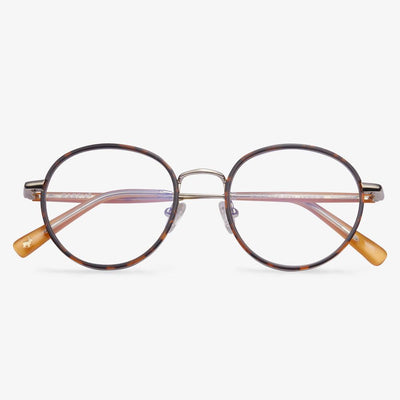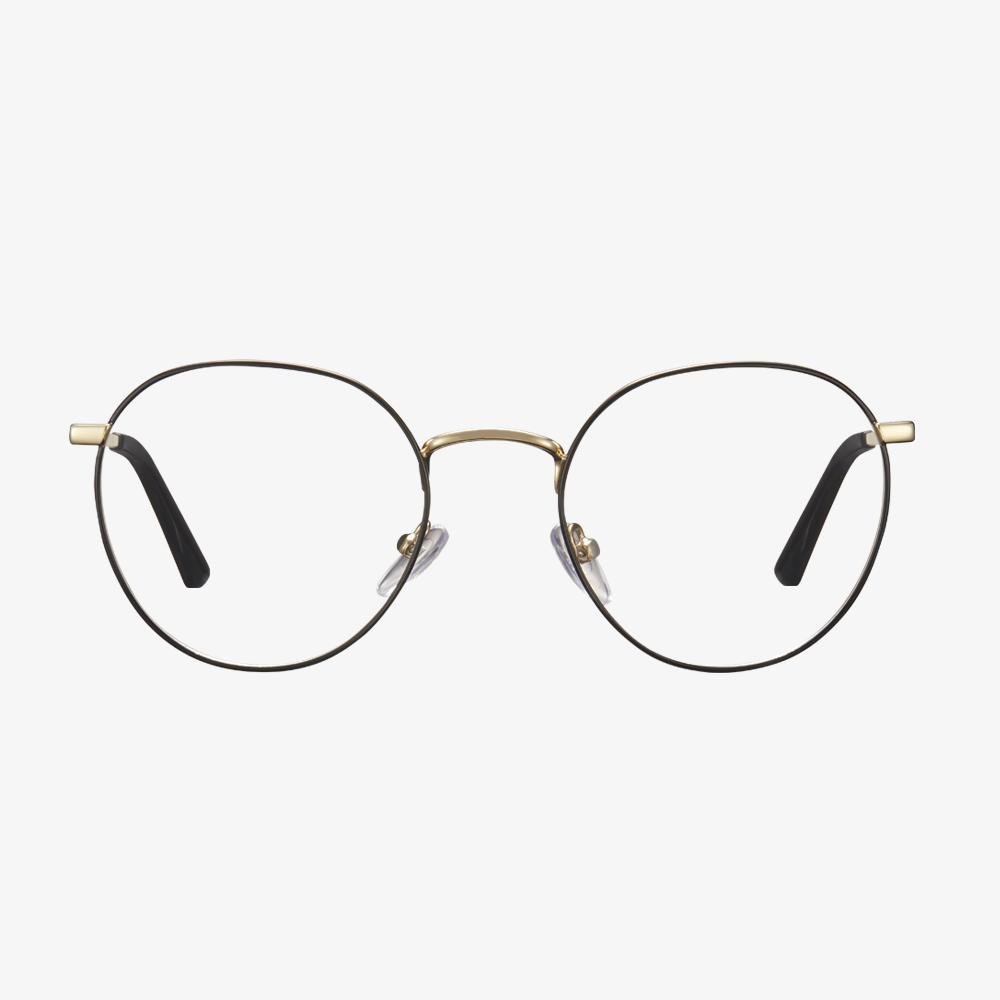What difference do mono-focal glasses and multi-focal glasses have?
A mono-focal lens is a lens with one focal point. Usually, the myopic far-sighted presbyopia that we see belongs to mono-focal glasses. There is only one diopter on one lens, and this is the single focal point. Multi-focal glasses are lenses that have multiple focal points, that is, multiple diopters. Both mono-focal glasses and multi-focal glasses are visual correction tools, but mono-focal glasses can meet basic vision needs, like fatigue relief, control of depth of diopters, and focus on different distances such as the need to see far and near.But because there are many different diopters on a multi-focal glasses lens, so the elderly can not only see far after wearing. When they see close distance, they do not need to take off glasses or wear reading glasses. Wearing multi-focal glasses is not easy to fatigue.
The fabric of eyeglasses cloth
Ordinary fabric: They are only applicable to the surface that has been cleaned.Because the ordinary fabric has no space to accommodate dirt, the surface of the cloth will be very dirty, and difficult to wash clean.
Microfiber fabrics: They are used wet to emulsify dirt and oil, and the microfiber is easier to wipe off. It is highly absorbent, making it very quick to clean the spilled liquid.
Fine fiber double velvet fabric: It feels soft, gentle, with the plump texture, but more single velvet.
Suede fabric: The feel and appearance are quite like natural suede, fine and smooth, soft and plump, used to wipe glasses. It will be clean and won't scratch the lens.
What characteristics do children's glasses have?
The lens degrees need to change with the degrees of the eye. Because children are still in the process of growth and development, especially preschool children and adolescent children. Preschool is the key period of visual development, and farsightedness is slowly reduced. The eyeball development is close to an adult. Adolescence is the second peak of eyeball development, and myopia is most in this stage and little by little deepens, stopping at the end of adolescence.
Lens anti-fogging agent
To be specific, a layer of the anti-fogging agent is sprayed (coated) on the surface of the lens to form a dense, absorbent, ultra-thin, and ultra-transparent biological coating. The coating chelates the droplets inside the coating (chelating means processing the material into a digestible form) to form a continuous and supper transparent chelating coating, which converts the droplets into a transparent micro-glass layer, thus preventing fogging. Spray anti-fogging agent on the surface of the lens, and then wipe evenly with an ordinary lens cloth. It can be used on most lenses. They are easy to use but have relatively short anti-fogging time. During use, the lens should not be wiped or washed. Long time use will affect the lens life.
Ray-ban clear frames are of high quality.
Ray-ban is one of the world's top ten brands of sunglasses, in addition to anti-UV400 ultraviolet lens, and filter out all kinds of harmful glare, the style of the glasses design highlights the temperament of the military, with the mature style of fashion and nobility. Ray-Ban's frame is the most part of Ray-Ban glasses, with unique design, atmosphere, and fashion, suitable for different situations and loved by many fashion people.
Are progressive lenses good for driving?
Progressive lenses can help you see close, far, and anywhere in between. That means progressive lenses are good for driving. So you don't have to change your glasses on the way. With progressive lenses, you can easily see all distances. Standard lenses are more affordable than premium lenses, but premium lenses offer a wider field of view and are ideal for drivers.
How to Pop Lenses Out of Glasses with Plastic Frames?
In this section, we will show you how to take glasses out of plastic frames. It would be much easier to remove lenses from plastic frames because lenses are not fitted as tightly in them as in metal frames.
Now, here is the tutorial.
- Many plastic lenses will come out easily as you push through your thumb from the inner side and fix your fingers on the other side.
- If they do not come off, you can choose to heat the plastic a little bit so that it expands and allows the lenses to come out.
- To heat the plastic frames, you can immerse the glasses in a bowl of hot water. The water should be hot, not warm but of course only as much as you can handle amicably.
- Be careful to not drop your lenses in the bowl. Dry them with a no microfiber cloth and then you can remove them. You can’t use any towels because those can damage any blue light or anti reflective covering.
After all steps are finished, you can remove lenses from glasses.











































